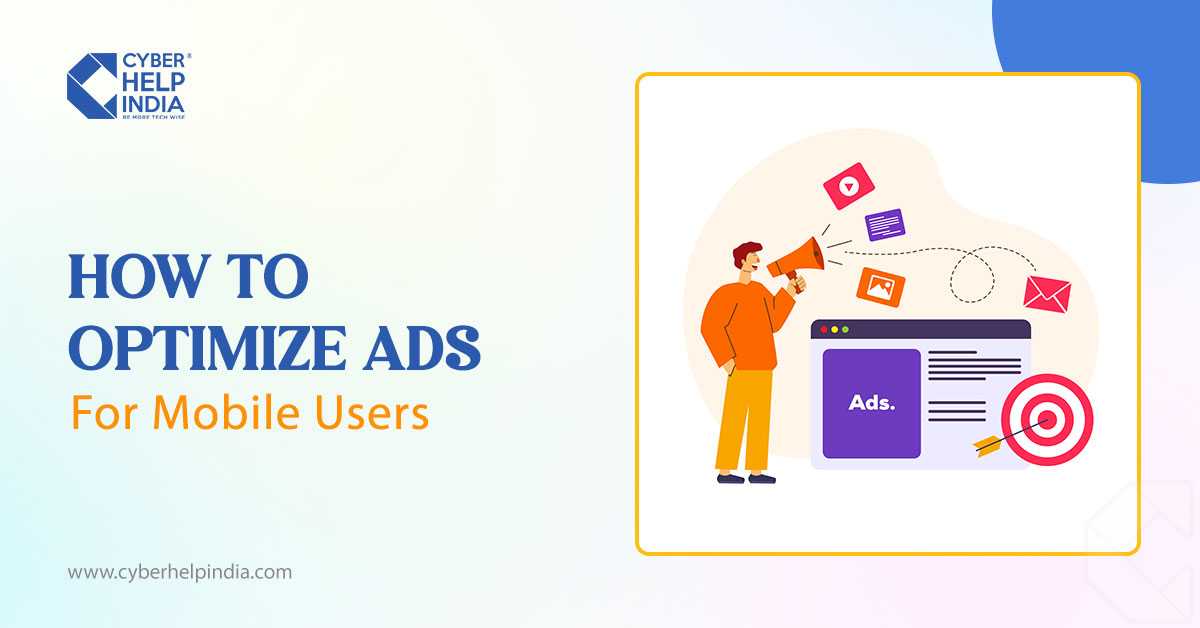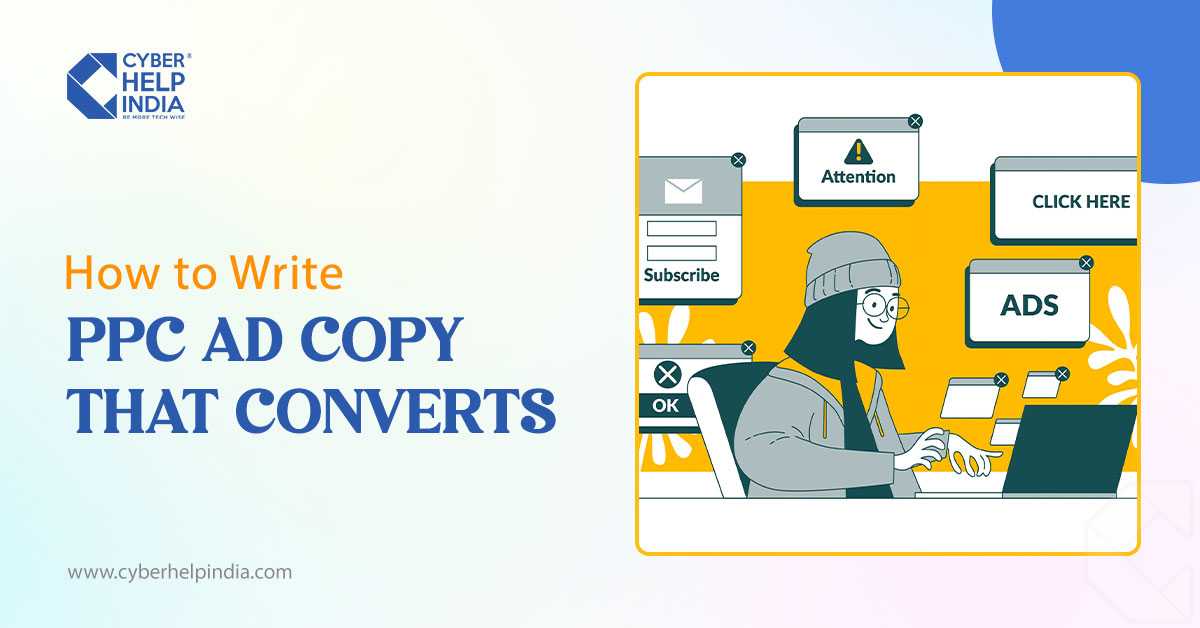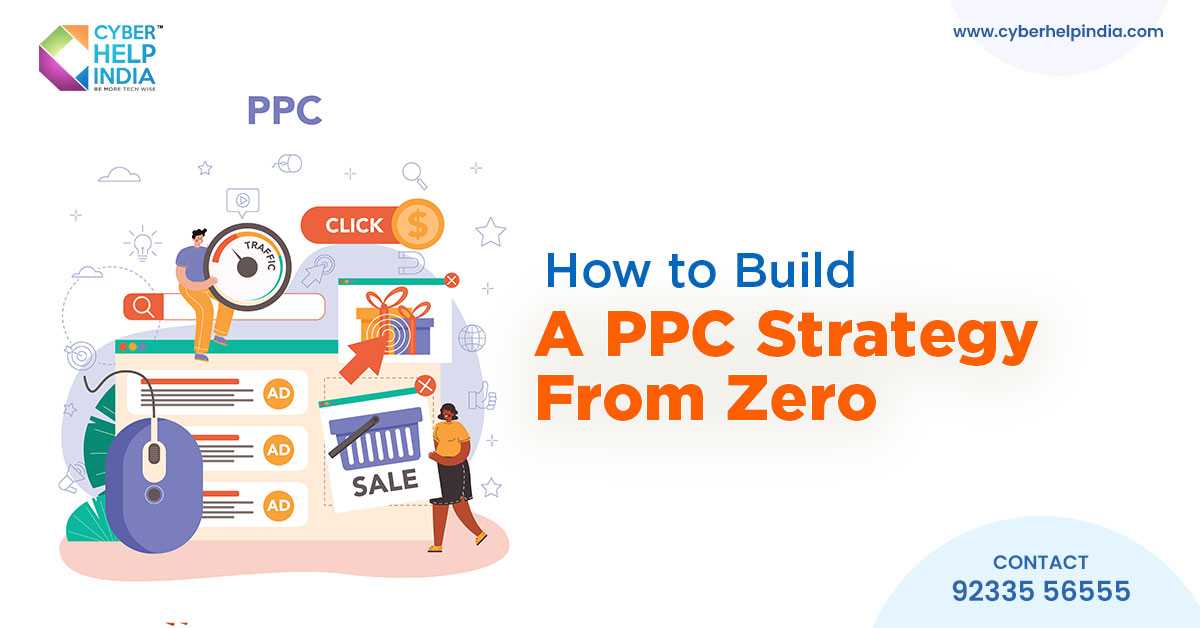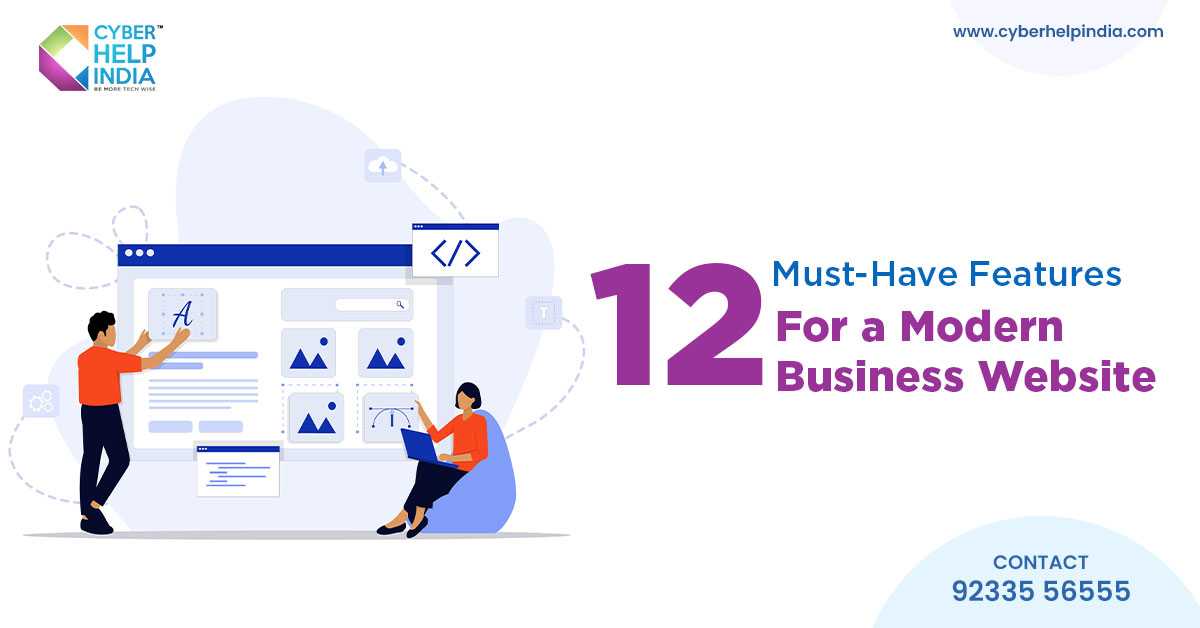Having a website that truly reflects the essence and professionalism of your business can be of great advantage in the present digital age. A website speaks for its business and allows it to connect with clients through visuals and informative snippets. It acts like a customer service desk, as well as a storefront, to display the true potential of services provided by a business.
However, as a consumer opens up a website, there is only a split-second time limit for the website to make an impact. Thus, there are some essential website features for business to grab their attention and tend to their connection with the consumers. In this blog, we will be discussing 12 features which can ensure the digital presence of your business.
1. Mobile Responsiveness
With an increase in mobile and tablet users, it is essential to have a website that can easily adapt to different screen sizes. Making sure your business’s website is responsive to all screens ensures that your site is regularly visited by consumers without any issue.
The website’s layout, images, and navigation must be very user-friendly. This also helps the website rank higher in search rankings as Google also prioritises mobile-optimised sites, further helping your business’s visibility.
2. Fast Loading Speed
Consumers aren’t very patient while looking at a website. They often want instant gratification. A slow-loading site that takes over 3 seconds to load is often abandoned by consumers, according to research by Google. Thus, the speed of the website loading can be linked directly to the SEO ranking and the overall user experience.
To improve the speed, optimising the image sizes, using fast hosting, and minimising code such as CSS and JavaScript can be very effective. Developers can also consider implementing caching strategies and using a content delivery network (CDN) for faster global access.
3. Clear Navigation Structure
Your site’s navigation is like a map for your visitors. A confusing or cluttered menu can cause users to bounce, even before they find what they need. Stick with a clean, intuitive layout with clearly labelled tabs such as “Home,” “About,” “Services,” “Blog,” and “Contact” is an essential website feature for business.
For larger websites, a dropdown or mega menu might be necessary, but always remember to prioritise simplicity and accessibility. A well-organised menu can enhance user engagement and increase the time visitors spend on your site.
4. High-Quality Visual Content
Visual content is a crucial aspect of a website, which enhances the storytelling component by adding a modern touch. Make sure to add professional imagery, infographics, and branded videos to help convey your message faster and more memorably than text alone. You can also invest in custom photography or well-curated stock images that reflect your brand’s personality and tone.
Visual content should support your text instead of overwhelming it. According to a reputed website design company in Siliguri, a balanced and thoughtful design can help you enhance user trust while also polishing the brand image.
5. SEO Optimisation Elements
While your website needs to be visually engaging, it also needs to be optimised through SEO practices. These practices ensure that your website ranks well on search engines and attracts organic traffic. This includes optimising title tags, meta descriptions, header hierarchy, image alt text, and URL structures.
Also, ensure that your site is indexed correctly and free from broken links or crawl errors. Using tools like Google Search Console and Yoast SEO (for WordPress) can help guide your on-page optimisation efforts.
6. Clear Call-to-Actions (CTAs)
Every page of your site should guide visitors towards a singular goal, whether that’s scheduling a consultation, signing up for a newsletter, or making a purchase. Strategically placed CTAs prompt users to take the next step without overwhelming them.
Use active language (e.g., “Get Started,” “Book Now,” “Download Free Guide”) and design them to stand out visually. Make sure each CTA aligns with the content around it and delivers on its promise. A prominent and visible CTA button is also an essential website feature for businesses.
7. About Page with a Human Touch
Stories help people connect with businesses and offer a relatable persona to businesses. An “about” page which seamlessly tells the story of your business can help consumers feel more connected to the brand and build trust.
While developing this page, you can focus on sharing your mission, history, team bios, and perhaps a few behind-the-scenes photos. Keep the tone authentic and in line with your brand’s voice. This transparency fosters credibility and loyalty among first-time visitors and long-term customers alike.
8. Contact Information and Forms
It is important to remember that the main goal of your website is to reach the customers. Making a dedicated “Contact” page can be significantly impactful. This specific page requires information such as the following.
- Phone number
- Email address
- Physical location (if applicable)
- Social media links
- Embedded contact form
You can also add clickable links for phone numbers as well as email links, to make the page more helpful for consumers. Adding a live chat widget can also enhance real-time interaction and improve customer satisfaction.
9. Testimonials and Social Proof
Consumers tend to trust the reviews of other people more. Displaying customer reviews, ratings, and testimonials on the web pages can significantly help influence consumer decision-making. In a world saturated with options, social proof offers reassurance and builds credibility.
As an essential website feature for businesses, testimonials should be posted on your homepage, service pages, or in a rotating slider. You can also include case studies, press mentions, or logos of companies you’ve worked with. These elements serve as quiet endorsements of your reliability and expertise.
10. Security Features (SSL, Firewalls, Backups)
With data breaches and cyber threats on the rise, protecting both your business and customer information is critical. A secure website starts with SSL encryption (indicated by the padlock symbol and “https” in the URL), which builds user trust and is now a Google ranking factor.
Also consider implementing:
● Regular site backups
● Firewall protection
● Malware scanning tools
● Two-factor authentication for admin access
Security isn’t optional, especially if you have an e-commerce and service business website that collects user data. If you are unable to tackle this hassle, you can turn and get help from a reliable website designing company in Siliguri for more insight.
11. Content Management System (CMS)
A CMS empowers non-developers to manage and update content without needing to write code. Whether it’s WordPress, Webflow, Wix, or Squarespace, the developer would need to choose a CMS that aligns with your needs, technical ability, and scalability.
Having control over your content is one of the essential website features for business, especially as marketing needs change. A flexible CMS allows you to update blog posts, images, banners, and landing pages quickly without relying on a developer for every change.
12. Analytics and Tracking Tools
To improve your website’s performance, you need to understand what’s working and what’s not. Tools like Google Analytics, Hotjar, and Facebook Pixel allow you to measure traffic sources, user behaviour, conversion rates, and bounce rates.
Use this data to refine content strategy, improve UX, and increase ROI. For businesses focused on growth, analytics are not optional but rather essential.
Conclusion
A business website plays a crucial role in creating the first impression for your brand among people. Thus, it should always reflect professionalism, trustworthiness, and a user-centred design. Whether you run a small local business or an international brand, the principles of a modern, high-performing website remain the same.
The above-mentioned essential website features for businesses can be very helpful in not only increasing traffic but also maintaining a digital reputation for your brand.
Comments (0)





